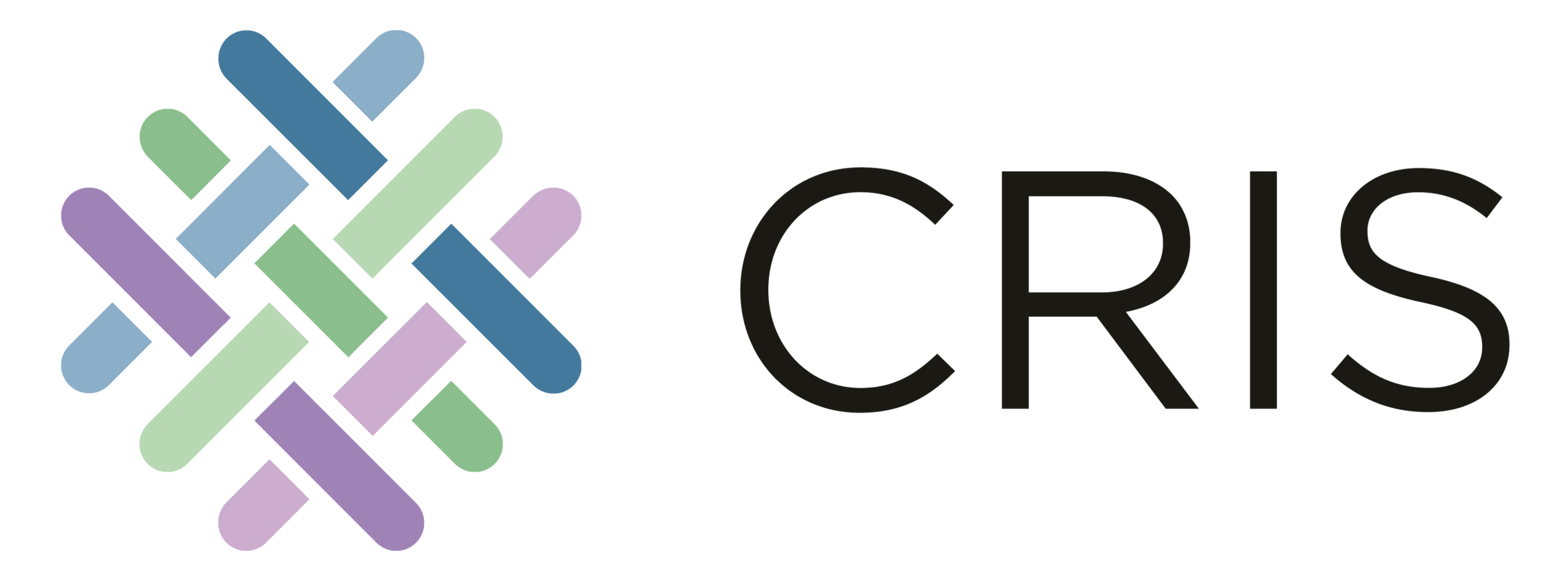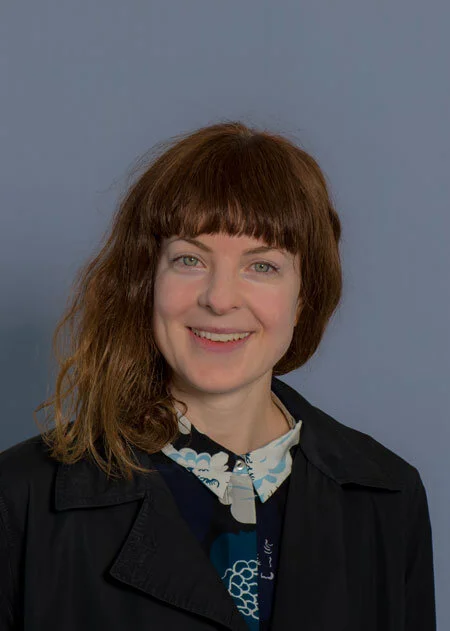System Error...
When our economic system appears to drive inequality and contribute to the destruction of our planet, how do we foster a resilient society? CRIS asks Dr Vivian Gerrand.
Growing economic, infrastructural and social inequality is a global reality. The extreme weather conditions we are witnessing, from catastrophic bushfires to floods, have generated particular existential anxieties that exacerbate existing inequality-driven vulnerabilities.
In Parramatta last month, I participated in a conference on Collaborative Approaches to Right Wing Extremism and Islamophobia. On the morning of the event, I awoke to the smell of smoke. The poor air quality led me to catch an Uber, rather than walk the ten minutes from where I was staying, to the hotel conference venue. In the foyer, flat screen televisions blared images of the bushfires rapidly encroaching upon Sydney. Standing at the bar in a queue for coffee, I watched looped footage of a woman carrying a koala through flames and singed koalas wrapped in blankets.
Horrified and struggling to breathe, my attention towards the environmental catastrophe was soon diverted by news of another horror. Some hours earlier, in the same street as the conference, a woman sitting at a café with friends had been brutally attacked. Described initially by police and media as ‘random’, the attack was perpetrated by a man who had made a slur against Islam prior to assaulting the heavily pregnant woman who, you guessed it, happened to be Muslim.
In the face of the anxiety that is a consequence of the increasingly uneven distribution of diminishing resources, endangered life forms and lands, societal polarisation and increased vulnerability to extremism, what does it mean to be resilient? And, how might we build resilient societies?
Individual vs multisystemic resilience
Resilience has gained popularity in policy-making discourse in recent years. However, too often, its mobilisation has been limited to the idea of individual psychological resilience within a context of neoliberalism. This is a limited understanding of resilience. For just as there is no single factor involved in multi-systemic trajectories of polarisation and extremism, resilience is formed dynamically, and is a process comprised of multiple push and pull factors at micro, meso and macro levels that are context-bound.
If we understand resilience as multi-systemic, meaning resilience cannot but be constituted by intersectional resources at multiple scales, then the lack of resources for the many, and abundance restricted to an ever-shrinking few, creates particular risk factors for resilient societies.
Scientists have predicted we are headed towards extinction, preceded by a dog-eat-dog scramble for our planet’s diminishing resources, if we do not change our behaviours now. Some people might turn to fascism as a way to manage their anxiety within this context of increased scarcity and insecurity. Globally, support for authoritarian leaders may be viewed as a form of maladaptive or anti-social resilience (Grossman, 2020 forthcoming), a resilience that bolsters the dignity of some at the expense of others. This resonates with the work of German psychoanalyst Erich Fromm who reflected on the rise of Nazism in his country in Escape from Freedom (1941). Fromm argued that people become vulnerable to fascism when their defence mechanisms are overwhelmed by the structural conditions of crisis.
Fromm’s inquiry into totalitarianism might be applied to our current crisis. The exclusivist violence of far right extremists, for example, seeks to uphold the interests of particular groups of humans while denigrating and annihilating others. This is evident in the rise of extreme right movements and Islamophobia globally and, within Australia, an upward trend in interest and engagement with the extreme right across New South Wales and Victoria. While the extreme right is not homogenous – researchers have identified three particular strands as, respectively, anti-Islam, cultural superiority and racial superiority – hostile attitudes towards Islam unite them.
At the conference, a survivor of the Christchurch mosque terrorist attack recounted his experience of witnessing the atrocity, once more affirming how dangerous it is to view anti-Islam attacks in isolation and to remain silent in our condemnation of Islamophobia. As the community of civil society partners, researchers and government representatives present highlighted, the threat of right-wing extremism and Islamophobia is too great to be tackled by any one group.
While the extreme right is not homogenous – researchers have identified three particular strands as, respectively, anti-Islam, cultural superiority and racial superiority – hostile attitudes towards Islam unite them.
Moving towards pro-social resilience
So what is needed to shift our resilience from anti to pro-social? Group discussions at the conference identified addressing polarisation of society, increased vulnerability to extremism, and media reporting as critical strategic priorities. Most crucially, to build resilience for all members of society requires, first and foremost, pro-social governance. Governments must act, and be seen to be acting, pro-socially.
In Australia, there has been a shift away from pro-social governance. This is nowhere more glaringly evident than in refusal to link recent catastrophic bushfires in New South Wales and Queensland to climate change. A collaborative approach to the many systems at work in our contemporary crisis is urgently needed. Such an approach must take stock of the context of diminished resources and inequality, as without comprehensively addressing the climate induced material disadvantages accruing to ever greater numbers of people, attempts to promote pro-social resilience will be ineffective.
Dr Vivian Gerrand is Research Fellow at the Alfred Deakin Institute for Citizenship and Globalisation, Deakin University in Melbourne, Australia, where she serves as the Coordinator for the AVERT (Addressing Violent Extremism and Radicalisation to Terrorism) Research Network and is a research member of CRIS. She is a Visiting Fellow at the European University Institute (Italy) as a chief investigator on the Horizon 2020 BRaVE (Building Resilience to Violent Extremism and Polarisation) project.



